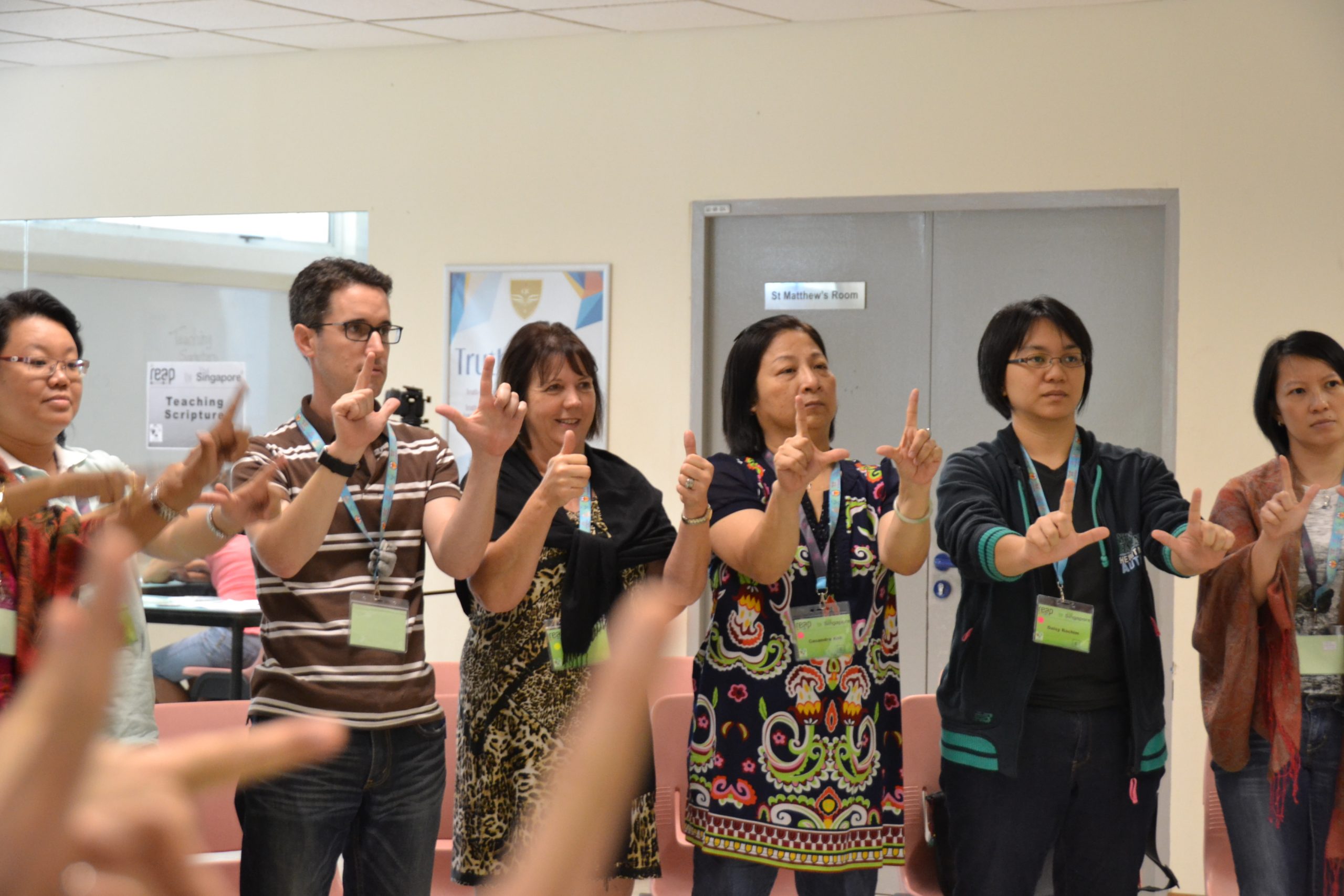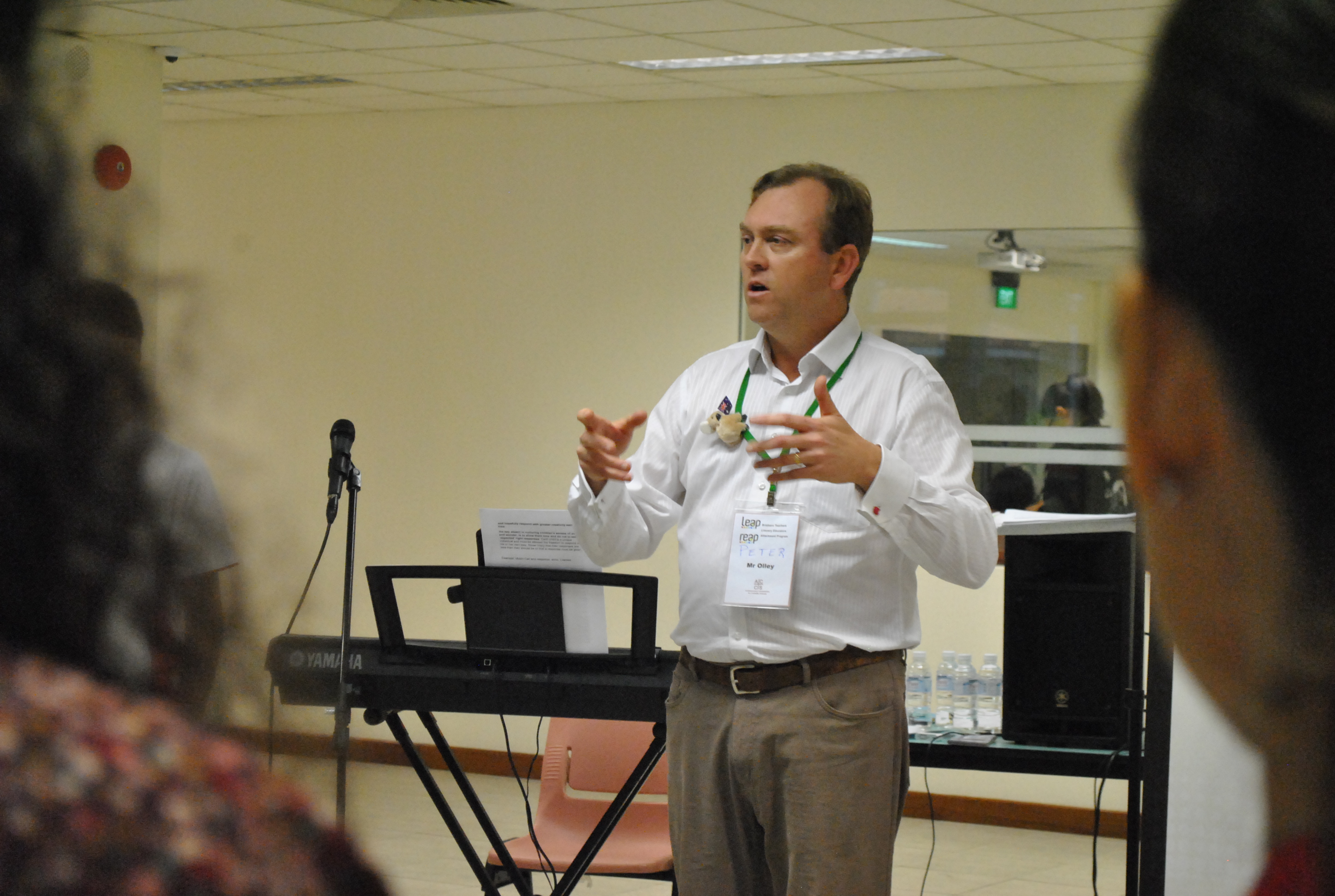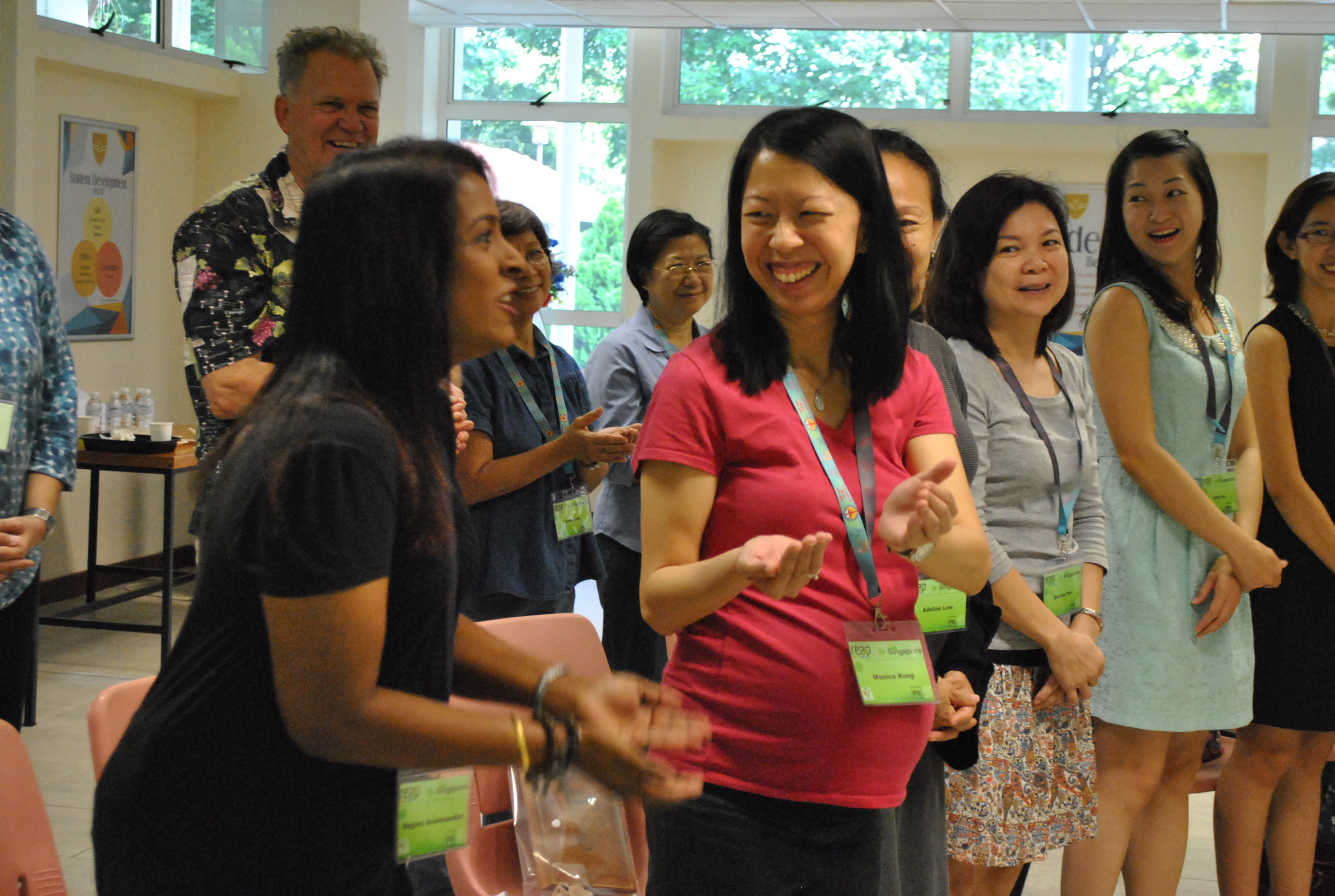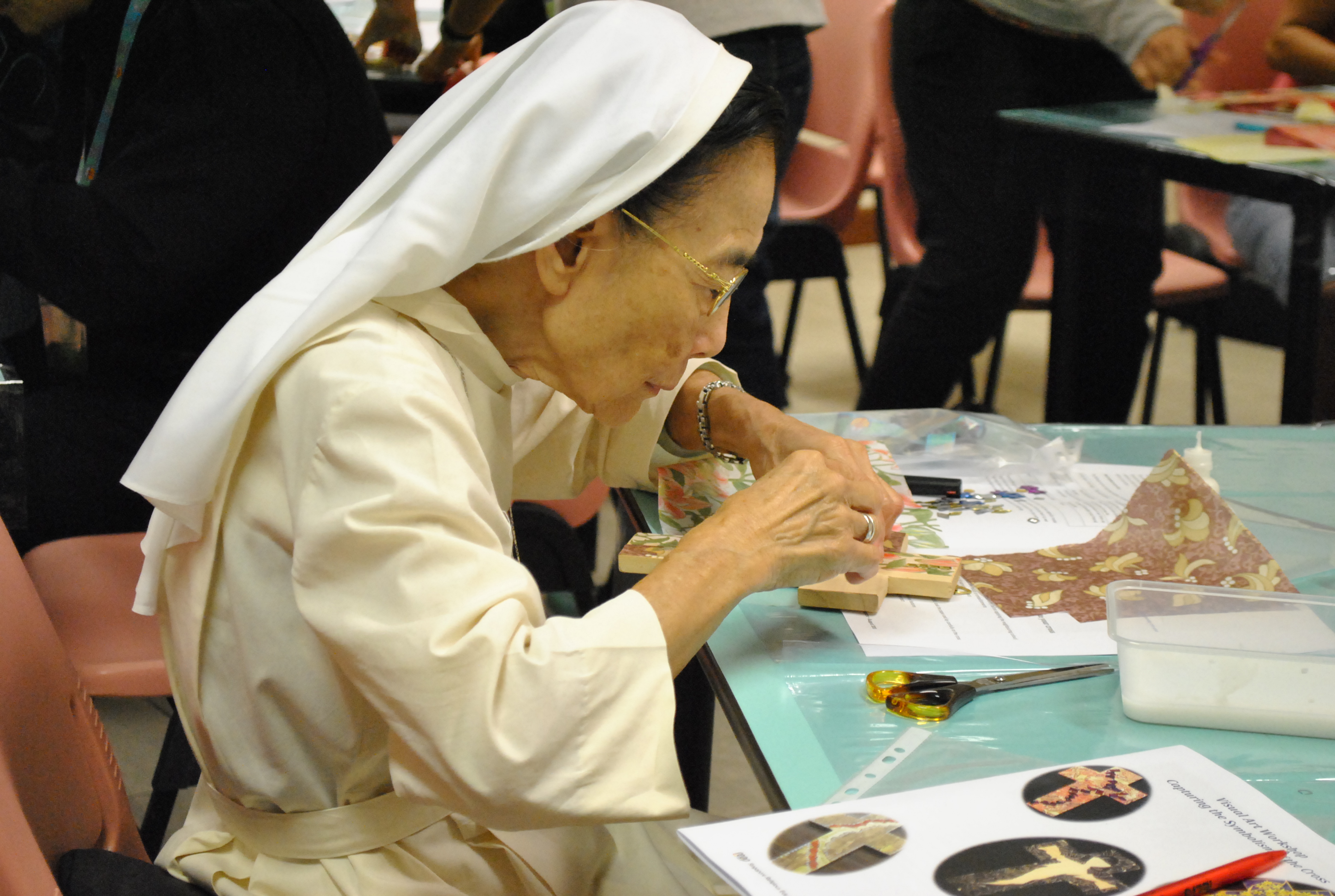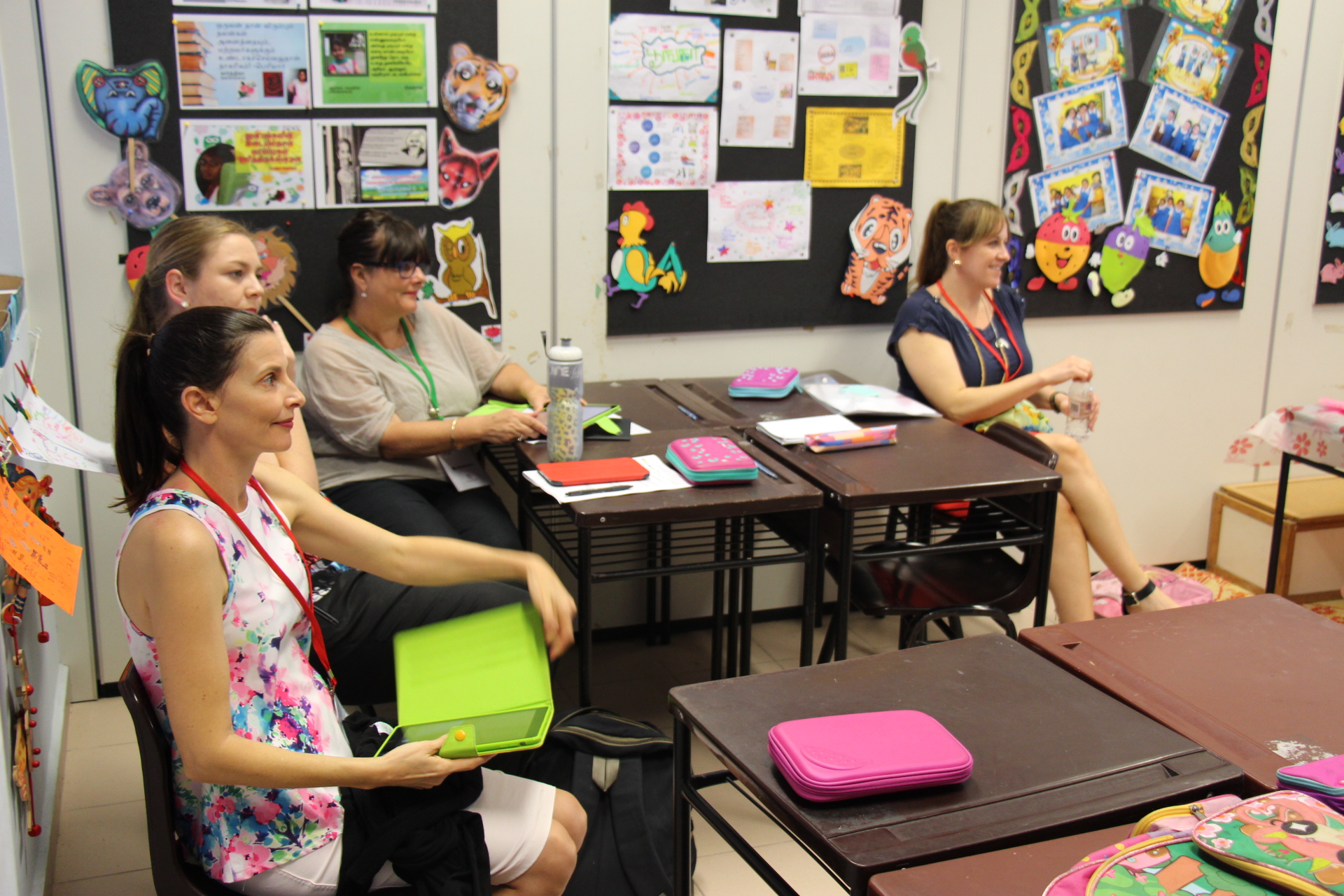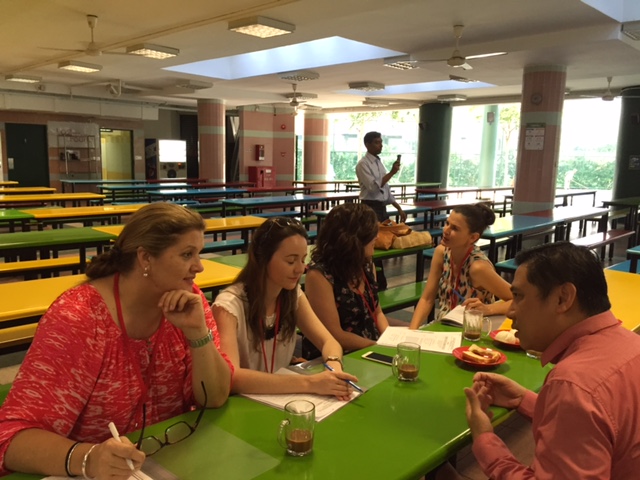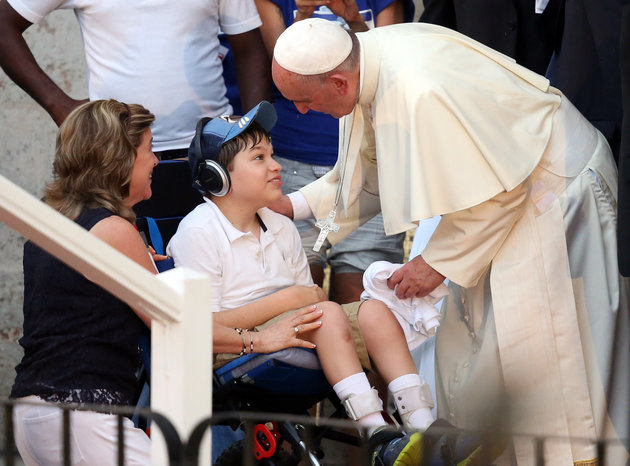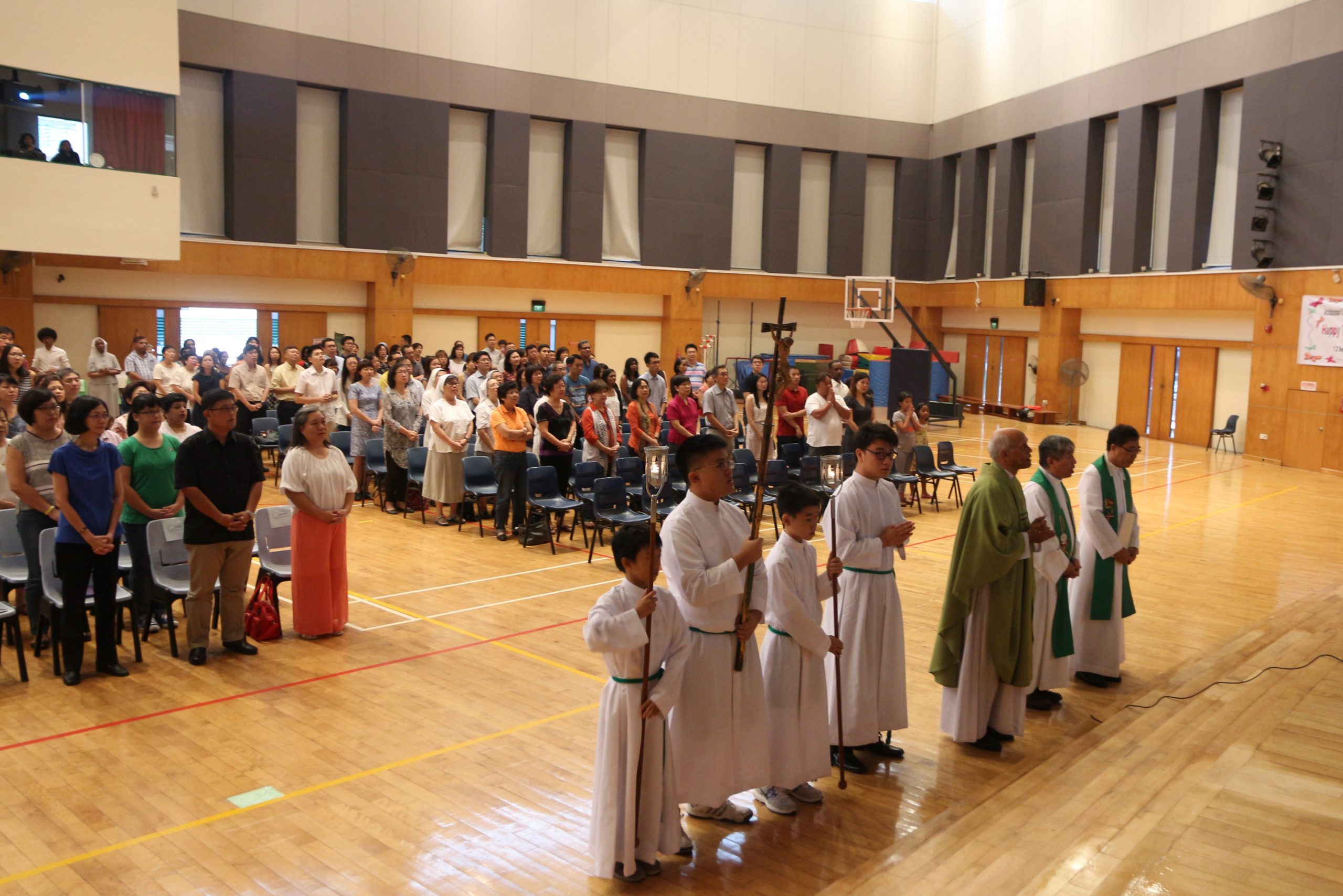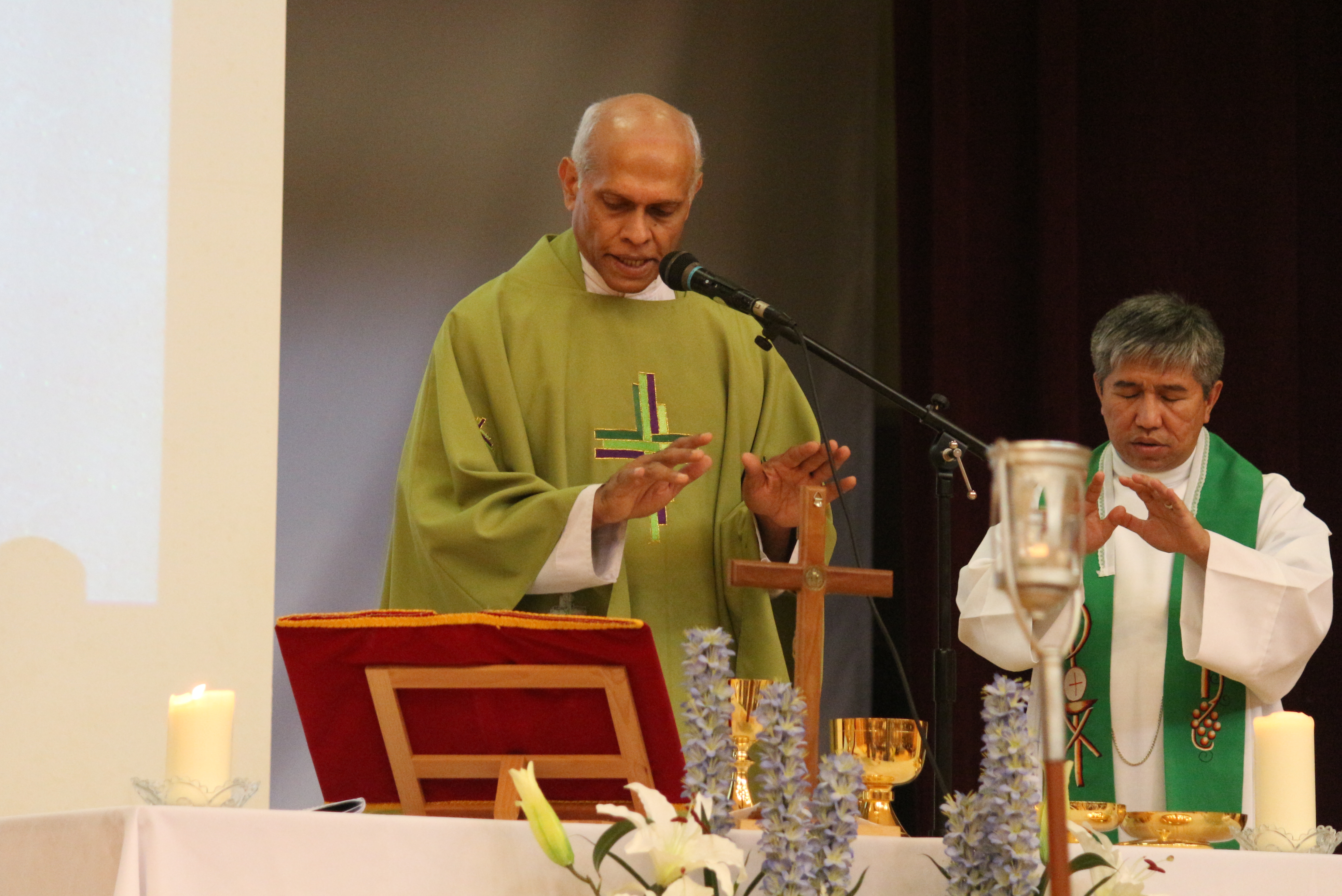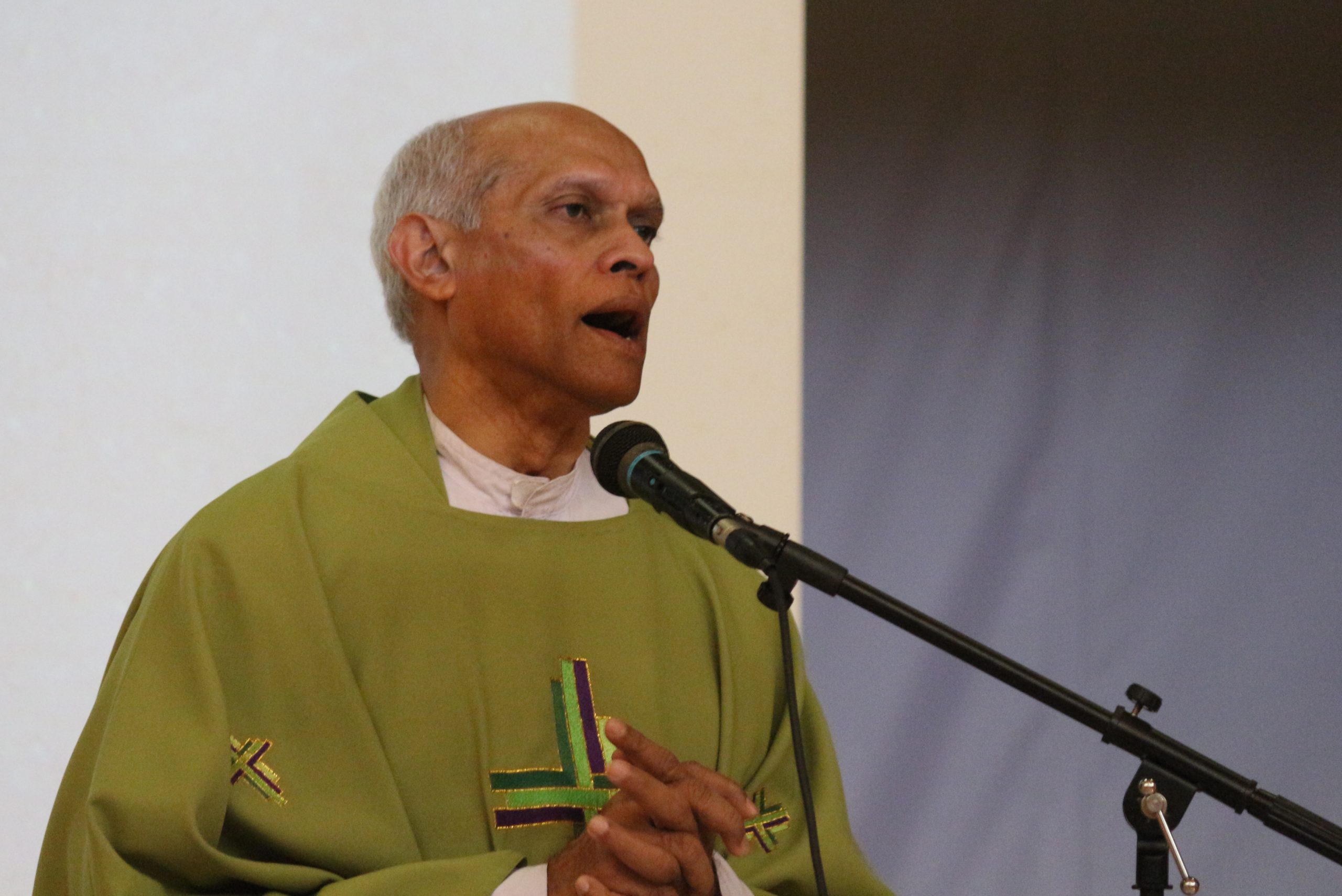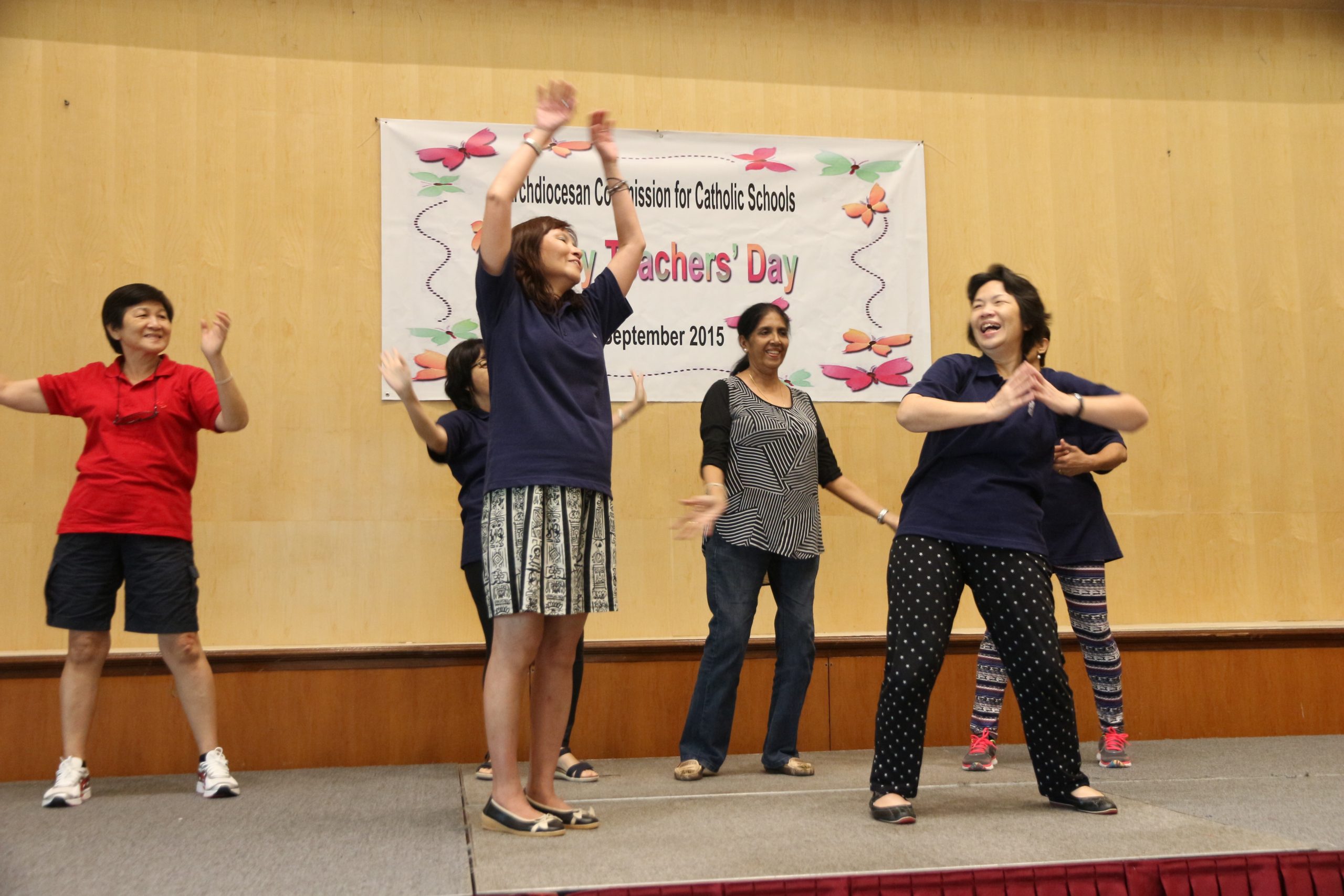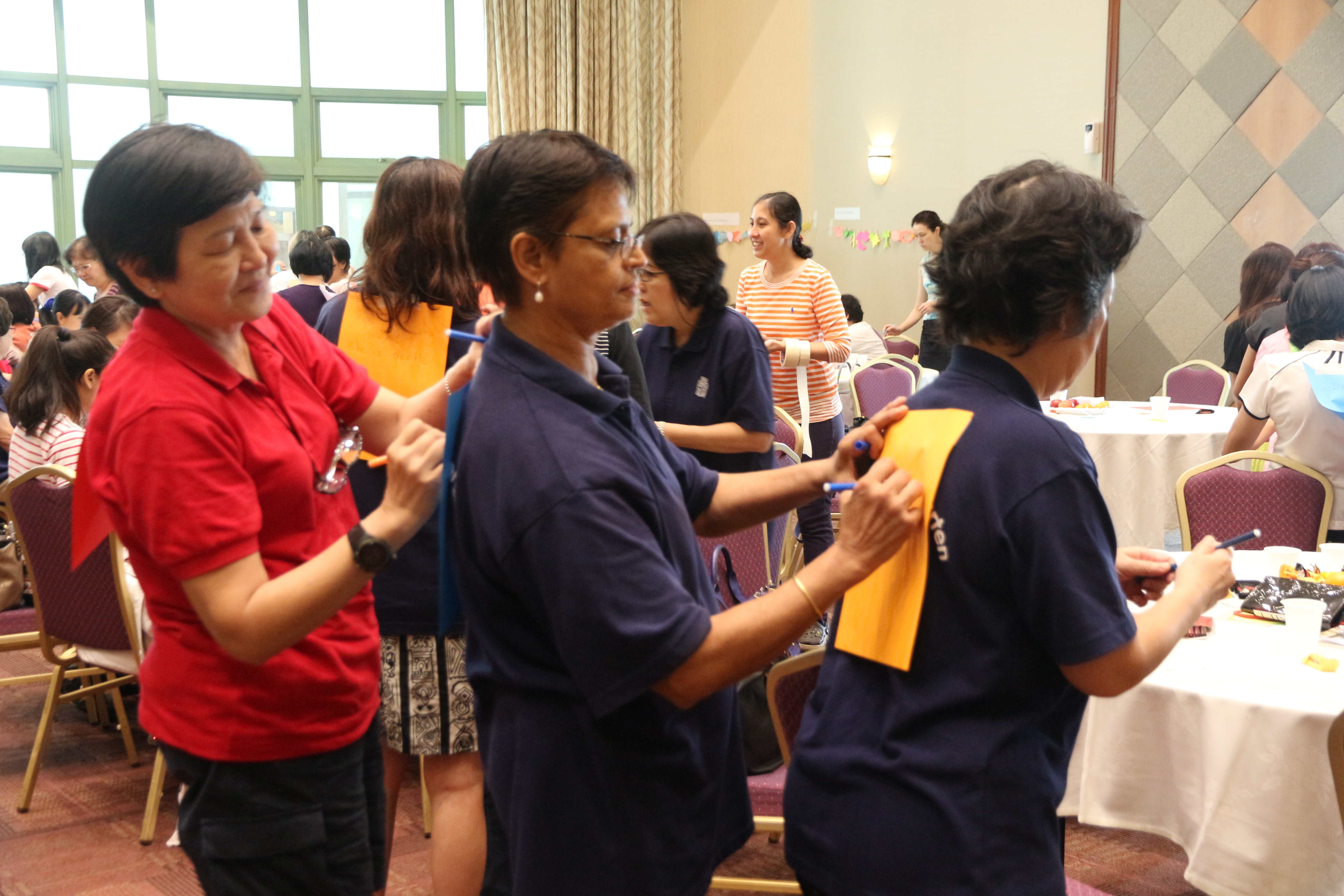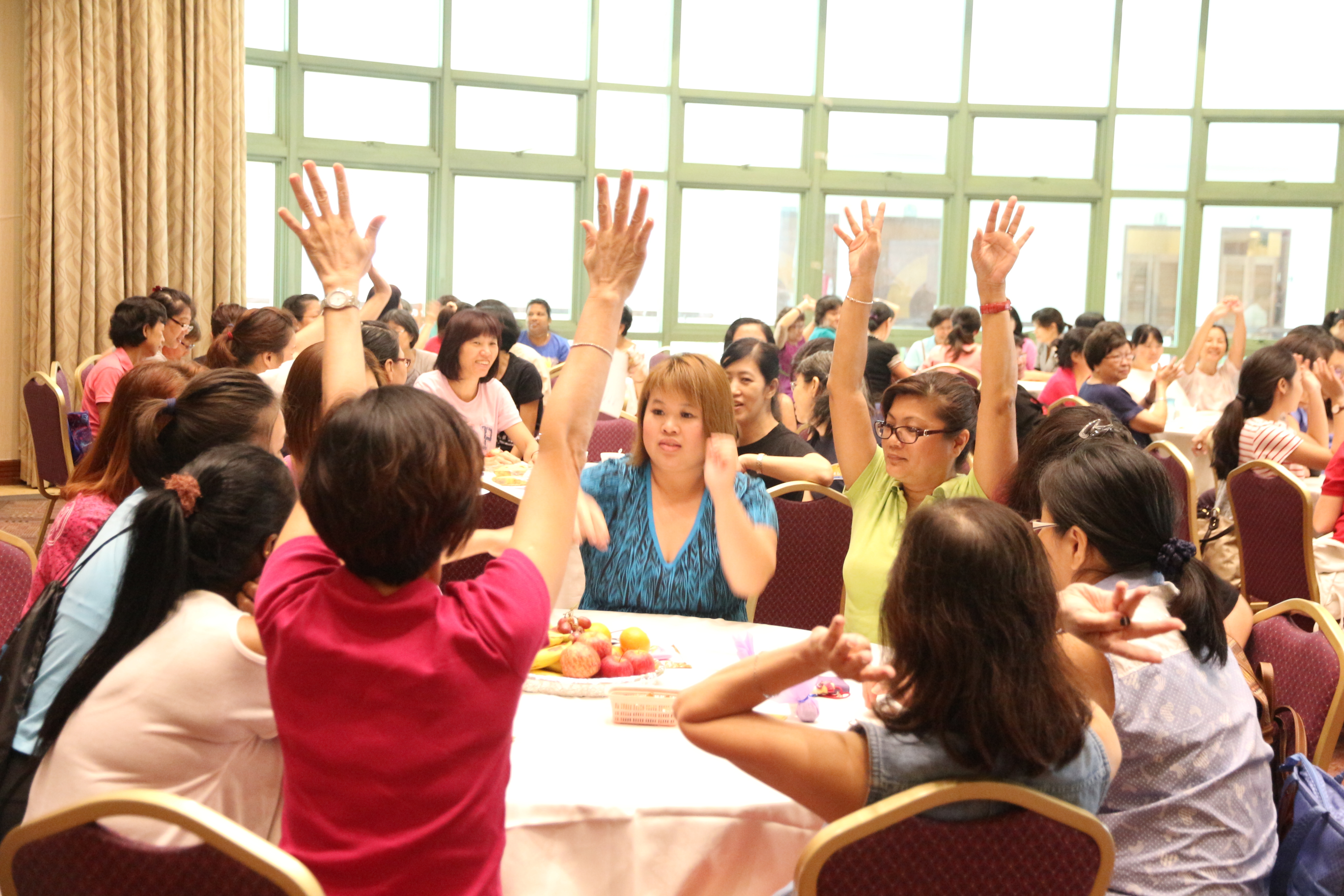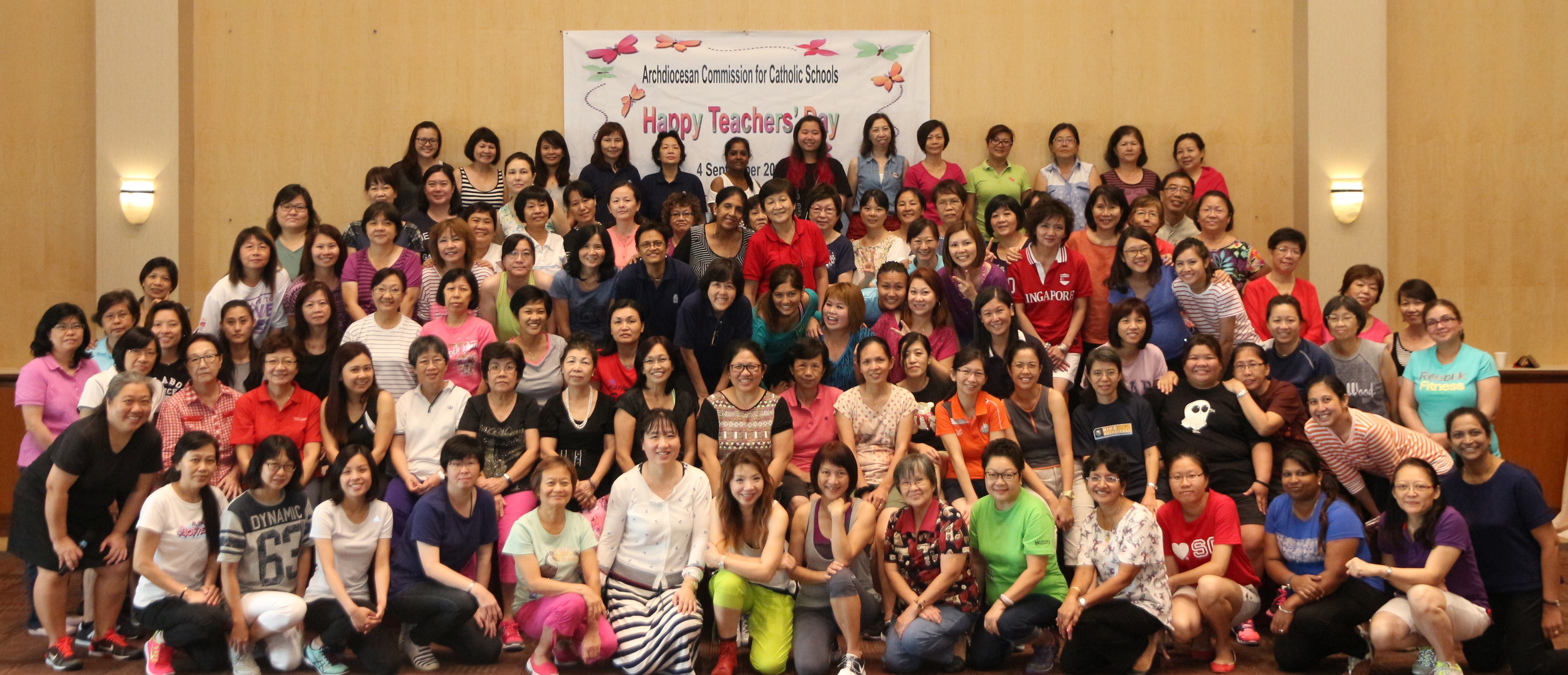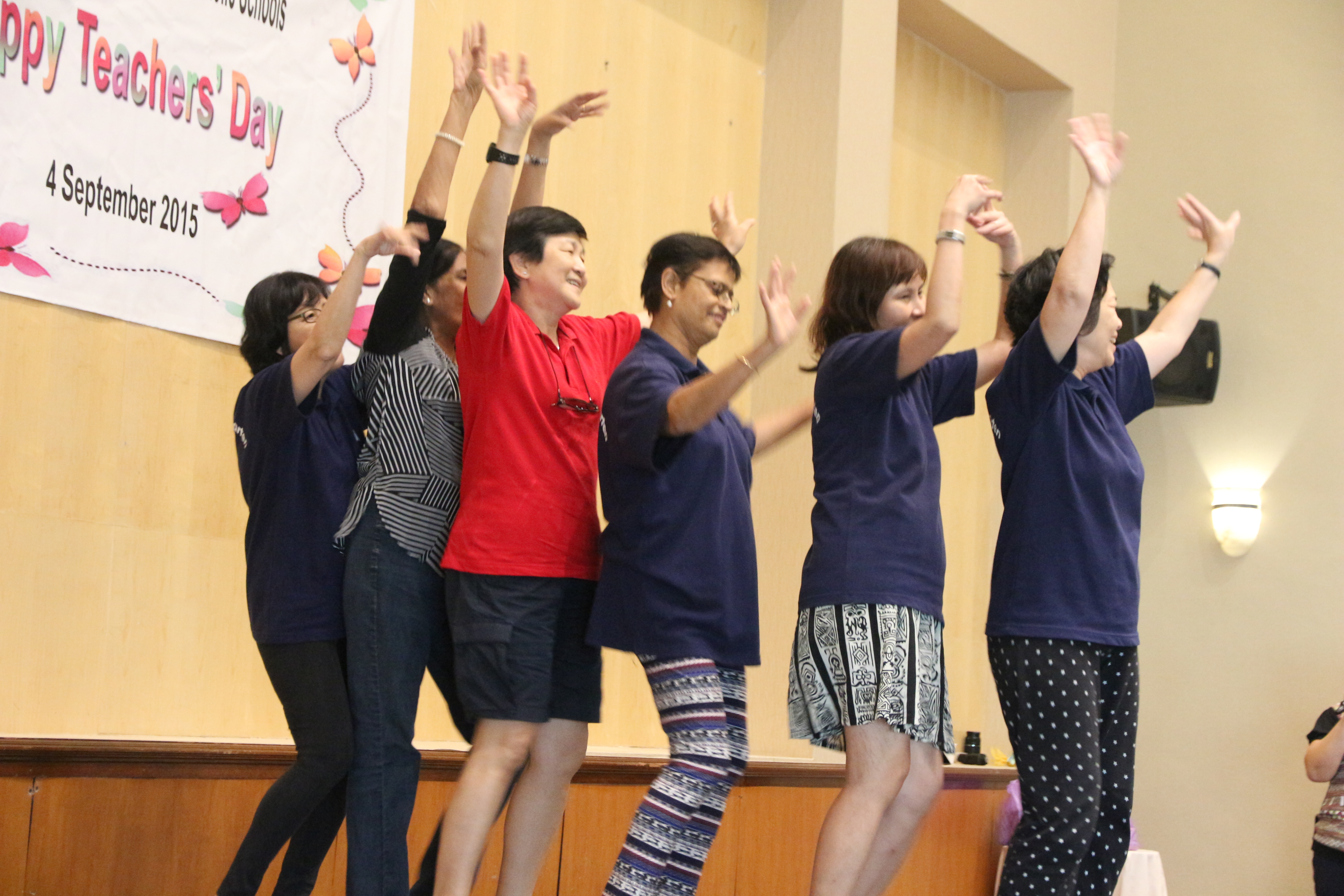Unprepared remarks of the Holy Father given at the Fr Félix Varela Cultural Center, Havana on the occasion of his visit to Cuba on 20 September 2015.
You are standing up and I am sitting. How rude! But you know why I am sitting; it is because I was taking notes on some of the things which our companion here was saying. Those are the things I want to talk about.
One really striking word he used was “dream”. A Latin American writer once said that we all have two eyes: one of flesh and another of glass. With the eye of flesh, we see what is in front of us. With the eye of glass, we see what we dream of. Beautiful, isn’t it?
In the daily reality of life, there has to be room for dreaming. A young person incapable of dreaming is cut off, self-enclosed. Everyone sometimes dreams of things which are never going to happen. But dream them anyway, desire them, seek new horizons, be open to great things.
I’m not sure if you use this word in Cuba, but in Argentina we say: “Don’t be a pushover!” Don’t bend or yield; open up. Open up and dream! Dream that with you the world can be different. Dream that if you give your best, you are going to help make this world a different place. Don’t forget to dream! If you get carried away and dream too much, life will cut you short. It makes no difference; dream anyway, and share your dreams. Talk about the great things you wish for, because the greater your ability to dream, the farther you will have gone; even if life cuts you short half way, you will still have gone a great distance. So, first of all, dream!
You said something which I had wrote down and underlined. You said that we have to know how to welcome and accept those who think differently than we do. Honestly, sometimes we are very closed. We shut ourselves up in our little world: “Either things go my way or not at all”. And you went even further. You said that we must not become enclosed in our little ideological or religious “worlds”… that we need to outgrow forms of individualism.
When a religion becomes a “little world”, it loses the best that it has, it stops worshiping God, believing in God. It becomes a little world of words, of prayers, of “I am good and you are bad”, of moral rules and regulations. When I have my ideology, my way of thinking, and you have yours, I lock myself up in this little world of ideology.
Open hearts and open minds. If you are different than I am, then why don’t we talk? Why do we always throw stones at one another over what separates us, what makes us different? Why don’t we extend a hand where we have common ground? Why not try to speak about what we have in common, and then we can talk about where we differ. But I’m saying “talk”; I’m not saying “fight”. I am not saying retreat into our “little worlds”, to use your word. But this can only happen when I am able to speak about what I have in common with the other person, about things we can work on together.
In Buenos Aires, in a new parish in an extremely poor area, a group of university students were building some rooms for the parish. So the parish priest said to me: “Why don’t you come one Saturday and I’ll introduce them to you”. They were building on Saturdays and Sundays. They were young men and women from the university. So I arrived, I saw them and they were introduced to me: “This is the architect. He’s Jewish. This one is Communist. This one is a practicing Catholic”. They were all different, yet they were all working for the common good.
This is called social friendship, where everyone works for the common good. Social enmity instead destroys. A family is destroyed by enmity. A country is destroyed by enmity. The world is destroyed by enmity. And the greatest enmity is war. Today we see that the world is being destroyed by war, because people are incapable of sitting down and talking. “Good, let’s negotiate. What can we do together? Where are we going to draw the line? But let’s not kill any more people”. Where there is division, there is death: the death of the soul, since we are killing our ability to come together. We are killing social friendship. And this is what I’m asking you today: to find ways of building social friendship”.
Then there was another word you said: “hope”. The young are the hope of every people; we hear this all the time. But what is hope? Does it mean being optimistic? No. Optimism is a state of mind. Tomorrow, you wake up in a bad mood and you’re not optimistic at all; you see everything in a bad light. Hope is something more. Hope involves suffering. Hope can accept suffering as part of building something; it is able to sacrifice. Are you able to sacrifice for the future, or do you simply want to live for the day and let those yet to come fend for themselves? Hope is fruitful. Hope gives life. Are you able to be life-giving? Or are you going to be young people who are spiritually barren, incapable of giving life to others, incapable of building social friendship, incapable of building a nation, incapable of doing great things?
Hope is fruitful. Hope comes from working, from having a job. Here I would mention a very grave problem in Europe: the number of young people who are unemployed. There are countries in Europe where 40% of young people twenty-five years and younger are unemployed. I am thinking of one country. In another country, it is 47% and in another still, 50%.
Clearly, when a people is not concerned with providing work to its young – and when I say “a people”, I don’t mean governments; I mean the entire people who ought to be concerned whether these young people have jobs or not – that people has no future. Young people become part of the throwaway culture and all of us know that today, under the rule of mammon, things get thrown away and people get thrown away. Children are thrown away because they are not wanted, or killed before they are born. The elderly are thrown away – I’m speaking about the world in general – because they are no longer productive. In some countries, euthanasia is legal, but in so many others there is a hidden, covert euthanasia. Young people are thrown away because they are not given work. So then, what is left for a young person who has no work? When a country – a people – does not create employment opportunities for its young, what is left for these young people if not forms of addiction, or suicide, or going off in search of armies of destruction in order to make war.
This throwaway culture is harming us all; it is taking away our hope. And this is what you asked for in the name of young people: “We want hope”. A hope which requires effort, hard work, and which bears fruit; a hope which gives us work and saves us from the throwaway culture. A hope which unites people, all people, because a people can join in looking to the future and in building social friendship – for all their differences – such a people has hope.
For me, meeting a young person without hope is, as I once said, like meeting a young retiree. There are young people who seem to have retired at the age of twenty-two. They are young people filled with existential dreariness, young people who have surrendered to defeatism, young people who whine and run away from life. The path of hope is not an easy one. And it can’t be taken alone. There is an African proverb which says: “If you want to go quickly, walk alone, but if you want to go far, walk with another”.
So this is what I have to say to you, the young people of Cuba. For all your different ways of thinking and seeing things, I would like you to walk with others, together, looking for hope, seeking the future and the nobility of your homeland.
We began with the word “dream”, and I would like to conclude with another word that you said and which I myself often use: “the culture of encounter”. Please, let us not “dis-encounter” one another. Let us go side by side with one other, as one. Encountering one another, even though we may think differently, even though we may feel differently. There is something bigger than us, it is the grandeur of our people, the grandeur of our homeland, that beauty, that sweet hope for our homeland, which we must reach.
Thank you very much. I now leave you with my best wishes. For you I wish… everything I told you; that is what I wish for you. I am going to pray for you. And I ask you to pray for me. And if any of you are not believers – and you can’t pray because you don’t believe – at least wish me well. May God bless you and bring you to tread this path of hope which leads to the culture of encounter, while avoiding those “little worlds” that our companion spoke about. May God bless all of you.
—–
Dear Friends,
I am very happy to be with you here in this Cultural Center which is so important for Cuban history. I thank God for this opportunity to meet so many young people who, by their work, studies and training, are dreaming of, and already making real, the future of Cuba.
I thank Leonardo for his words of welcome, and particularly because, although he could have spoken about so many other important and concrete things such as our difficulties, fears, and doubts – as real and human as they are – he spoke to us about hope. He talked to us about those dreams and aspirations so firmly planted in the heart of young Cubans, transcending all their differences in education, culture, beliefs or ideas. Thank you, Leonardo, because, when I look at all of you, the first thing that comes into my mind and heart, too, is the word “hope”. I cannot imagine a young person who is listless, without dreams or ideals, without a longing for something greater.
But what kind of hope does a young Cuban have at this moment of history? Nothing more or less than that of any other young person in any other part of the world. Because hope speaks to us of something deeply rooted in every human heart, independently of our concrete circumstances and historical conditioning. Hope speaks to us of a thirst, an aspiration, a longing for a life of fulfillment, a desire to achieve great things, things which fill our heart and lift our spirit to lofty realities like truth, goodness and beauty, justice and love. But it also involves taking risks. It means being ready not to be seduced by what is fleeting, by false promises of happiness, by immediate and selfish pleasures, by a life of mediocrity and self-centeredness, which only fills the heart with sadness and bitterness. No, hope is bold; it can look beyond personal convenience, the petty securities and compensations which limit our horizon, and can open us up to grand ideals which make life more beautiful and worthwhile. I would ask each one of you: What is it that shapes your life? What lies deep in your heart? Where do your hopes and aspirations lie? Are you ready to put yourself on the line for the sake of something even greater?
Perhaps you may say: “Yes, Father, I am strongly attracted to those ideals. I feel their call, their beauty, their light shining in my heart. But I feel too weak, I am not ready to decide to take the path of hope. The goal is lofty and my strength is all too little. It is better to be content with small things, less grand but more realistic, more within my reach”. I can understand that reaction; it is normal to feel weighed down by difficult and demanding things. But take care not to yield to the temptation of a disenchantment which paralyzes the intellect and the will, or that apathy which is a radical form of pessimism about the future. These attitudes end either in a flight from reality towards vain utopias, or else in selfish isolation and a cynicism deaf to the cry for justice, truth and humanity which rises up around us and within us.
But what are we to do? How do we find paths of hope in the situations in which we live? How do we make those hopes for fulfillment, authenticity, justice and truth, become a reality in our personal lives, in our country and our world? I think that there are three ideas which can help to keep our hope alive:
Hope is a path made of memory and discernment. Hope is the virtue which goes places. It isn’t simply a path we take for the pleasure of it, but it has an end, a goal which is practical and lights up our way. Hope is also nourished by memory; it looks not only to the future but also to the past and present. To keep moving forward in life, in addition to knowing where we want to go, we also need to know who we are and where we come from. Individuals or peoples who have no memory and erase their past risk losing their identity and destroying their future. So we need to remember who we are, and in what our spiritual and moral heritage consists. This, I believe, was the experience and the insight of that great Cuban, Father Félix Varela. Discernment is also needed, because it is essential to be open to reality and to be able to interpret it without fear or prejudice. Partial and ideological interpretations are useless; they only disfigure reality by trying to fit it into our preconceived schemas, and they always cause disappointment and despair. We need discernment and memory, because discernment is not blind; it is built on solid ethical and moral criteria which help us to see what is good and just.
Hope is a path taken with others. An African proverb says: “If you want to go fast, go alone; if you want to go far, go with others”. Isolation and aloofness never generate hope; but closeness to others and encounter do. Left to ourselves, we will go nowhere. Nor by exclusion will we be able to build a future for anyone, even ourselves. A path of hope calls for a culture of encounter, dialogue, which can overcome conflict and sterile confrontation. To create that culture, it is vital to see different ways of thinking not in terms of risk, but of richness and growth. The world needs this culture of encounter. It needs young people who seek to know and love one another, to journey together in building a country like that which José Martí dreamed of: “With all, and for the good of all”.
Hope is a path of solidarity. The culture of encounter should naturally lead to a culture of solidarity. I was struck by what Leonardo said at the beginning, when he spoke of solidarity as a source of strength for overcoming all obstacles. Without solidarity, no country has a future. Beyond all other considerations or interests, there has to be concern for that person who may be my friend, my companion, but also someone who may think differently than I do, someone with his own ideas yet just as human and just as Cuban as I am. Simple tolerance is not enough; we have to go well beyond that, passing from a suspicious and defensive attitude to one of acceptance, cooperation, concrete service and effective assistance. Do not be afraid of solidarity, service and offering a helping hand, so that no one is excluded from the path.
This path of life is lit up by a higher hope: the hope born of our faith in Christ. He made himself our companion along the way. Not only does he encourage us, he also accompanies us; he is at our side and he extends a friendly hand to us. The Son of God, he wanted to become someone like us, to accompany us on our way. Faith in his presence, in his friendship and love, lights up all our hopes and dreams. With him at our side, we learn to discern what is real, to encounter and serve others, and to walk the path of solidarity.
Dear young people of Cuba, if God himself entered our history and became flesh in Jesus, if he shouldered our weakness and sin, then you need not be afraid of hope, or of the future, because God is on your side. He believes in you, and he hopes in you.
Dear friends, thank you for this meeting. May hope in Christ, your friend, always guide you along your path in life. And, please, remember to pray for me. May the Lord bless all of you.
Source: Vatican.va
Photo credit: Getty Images
